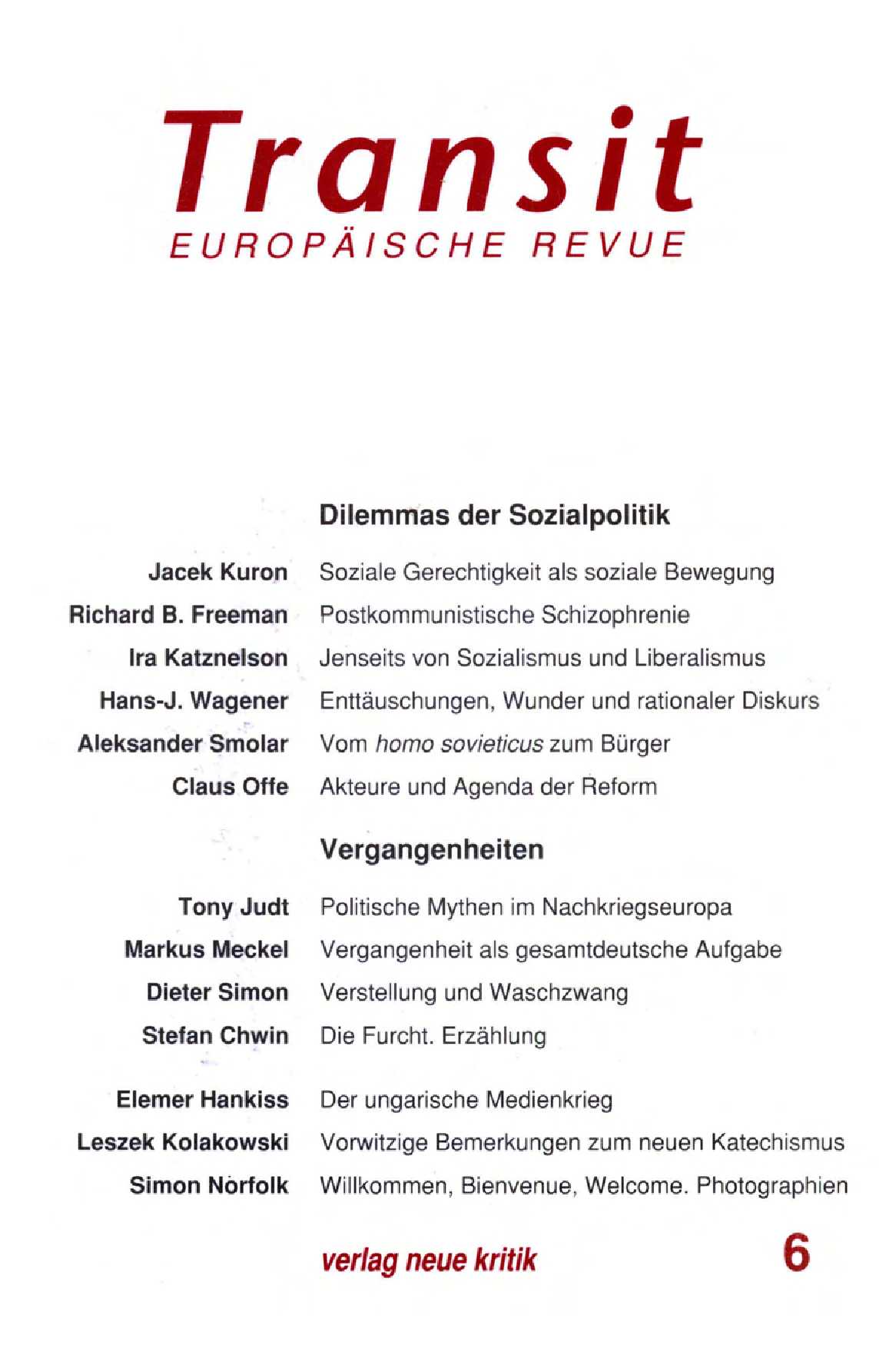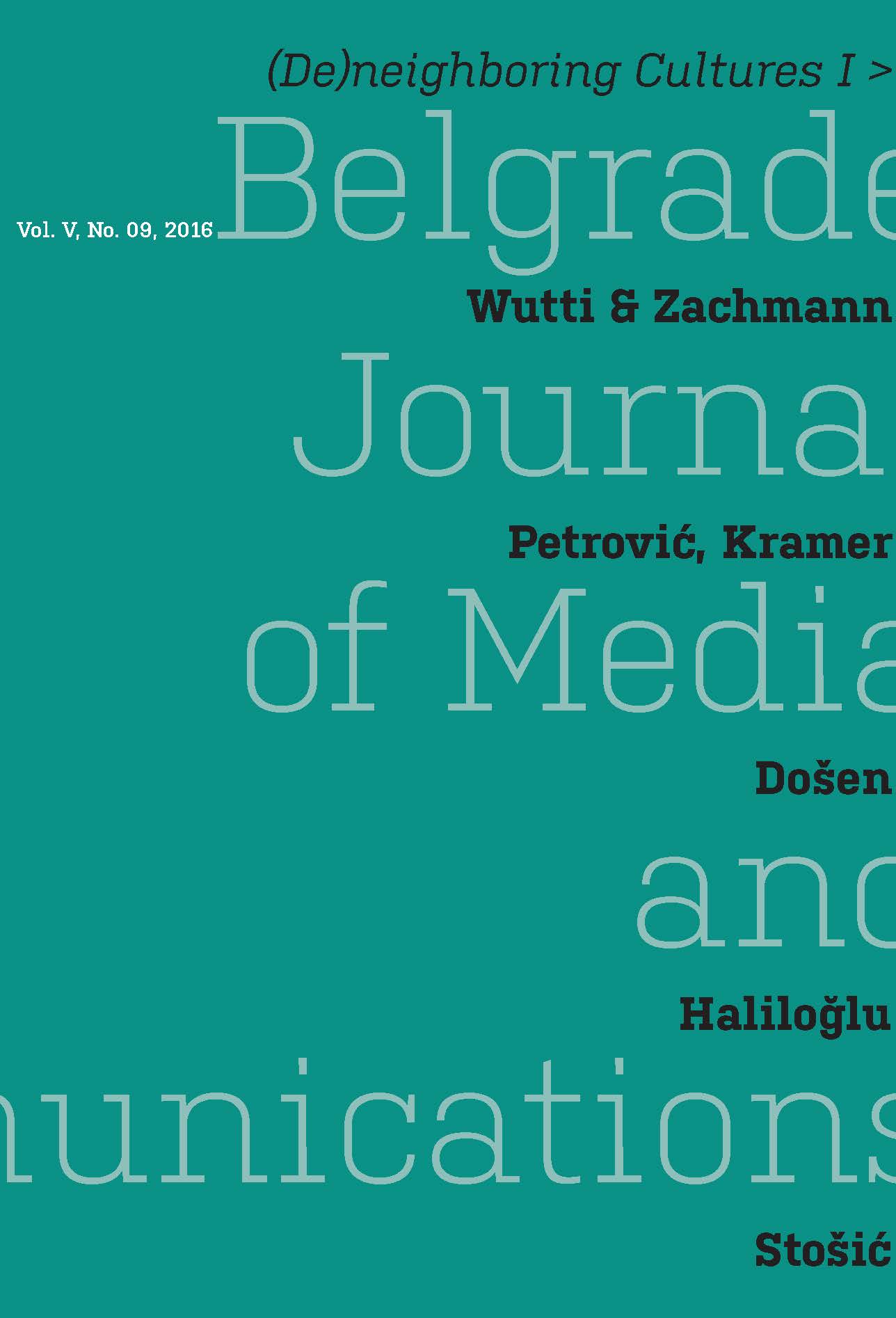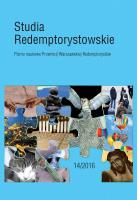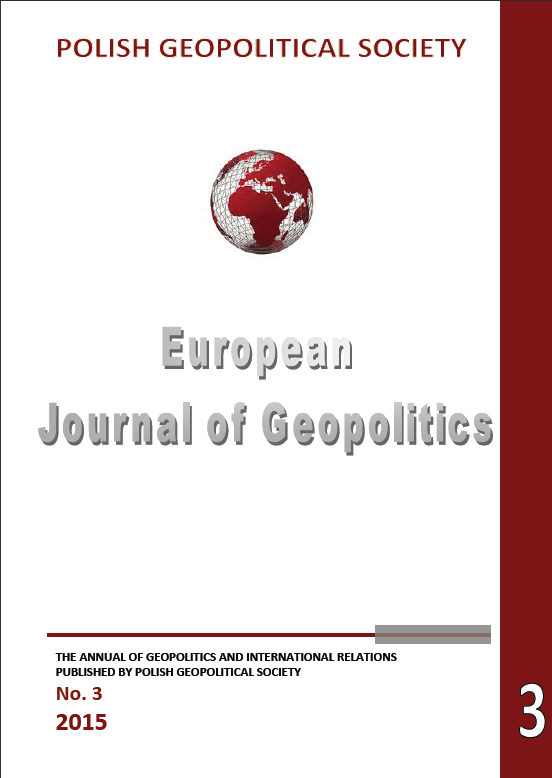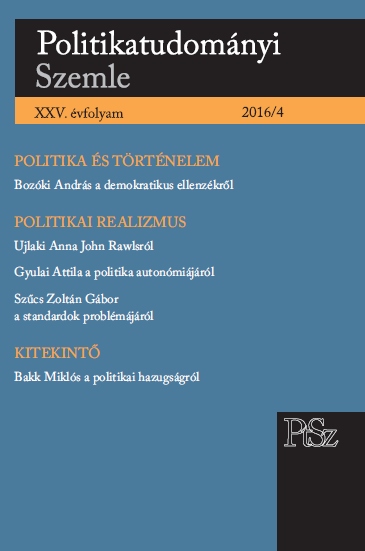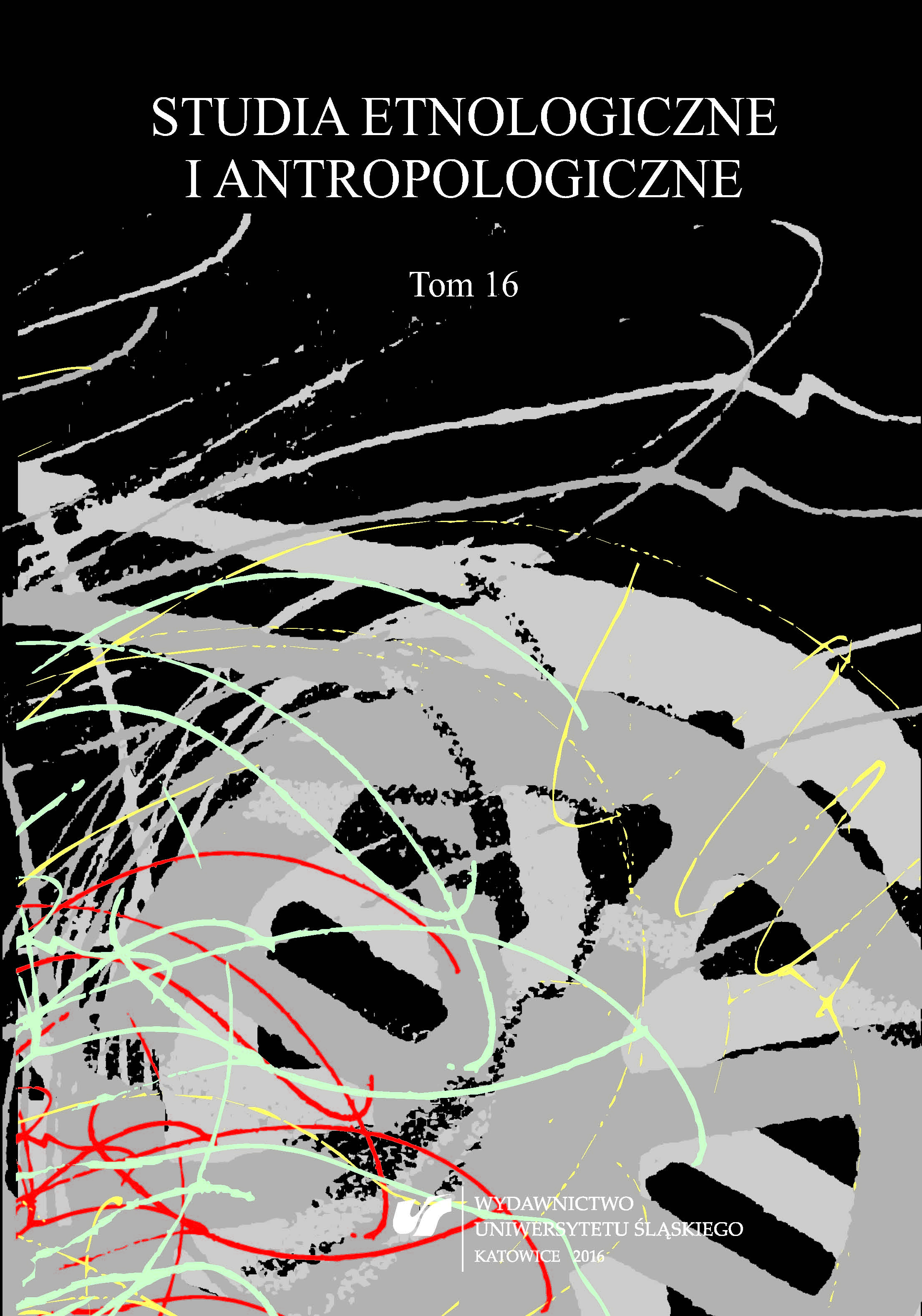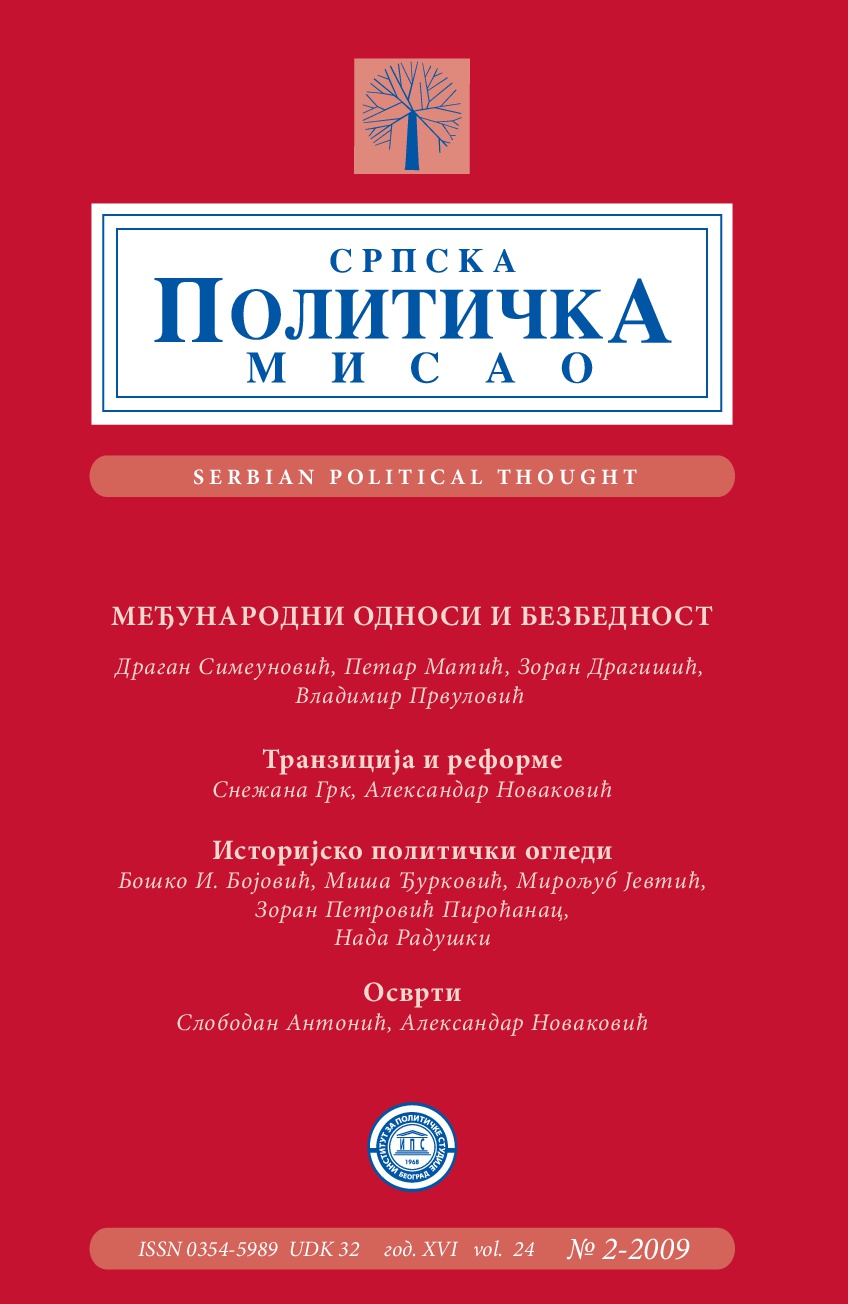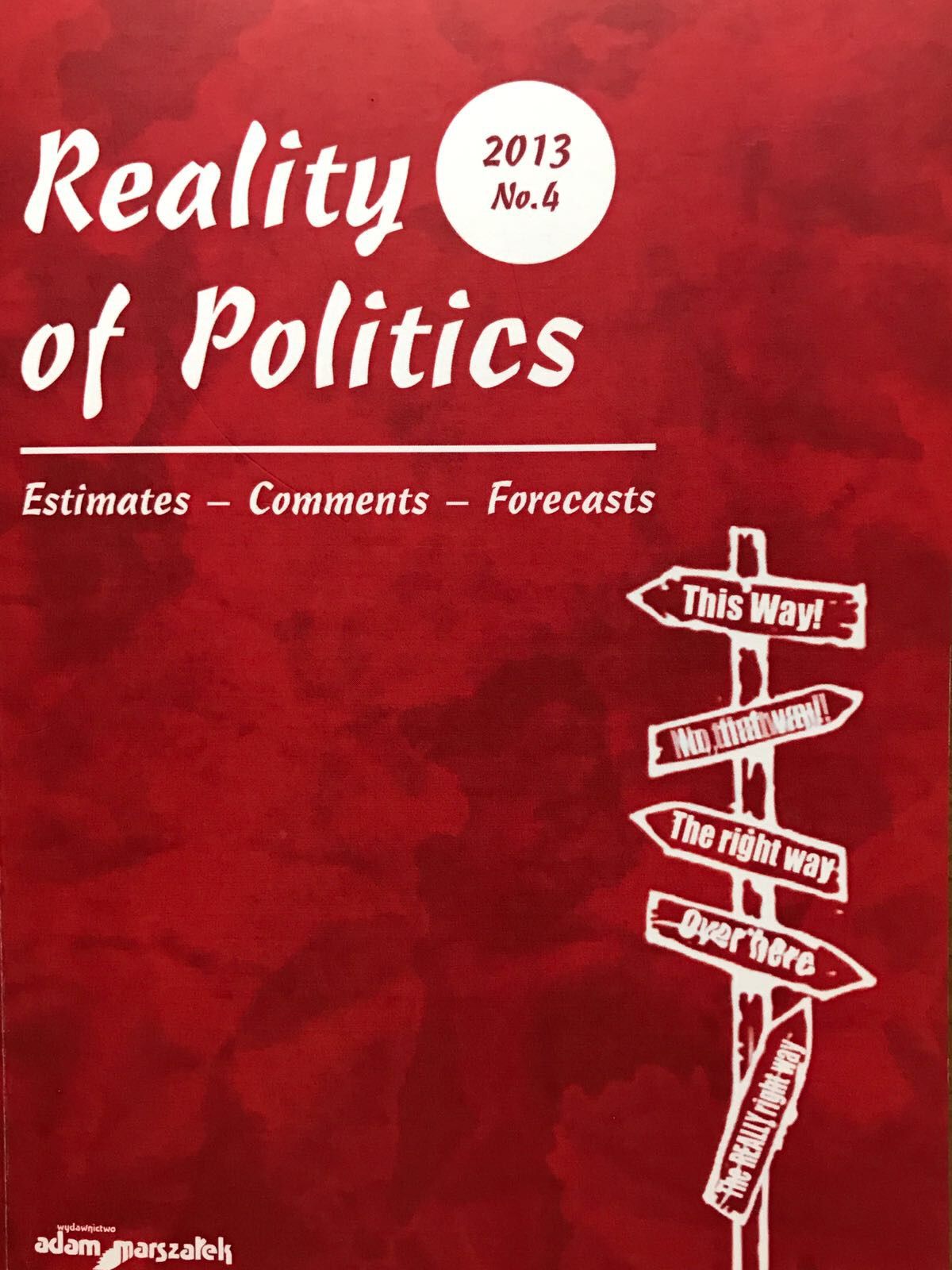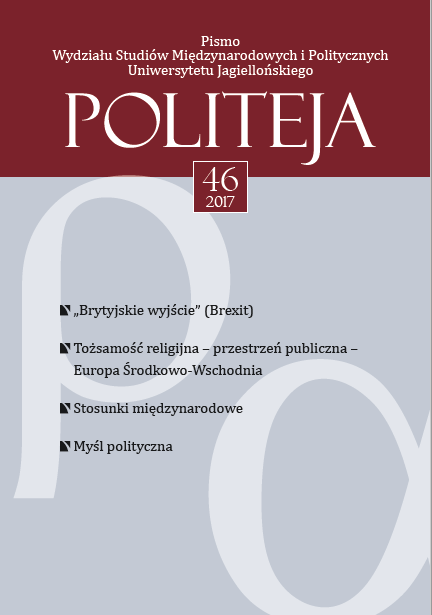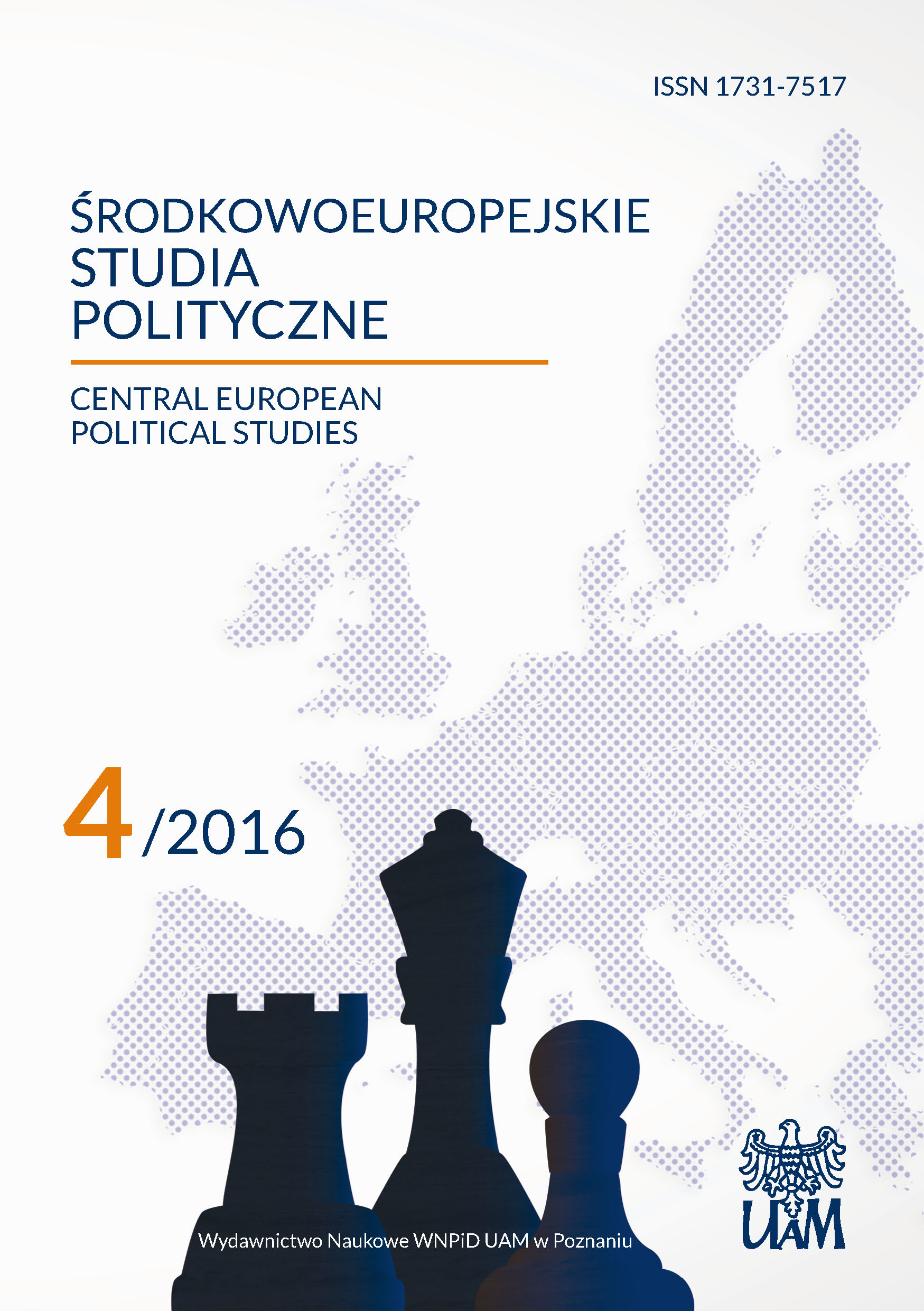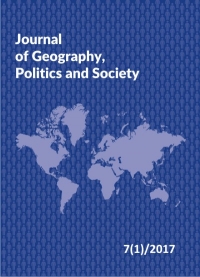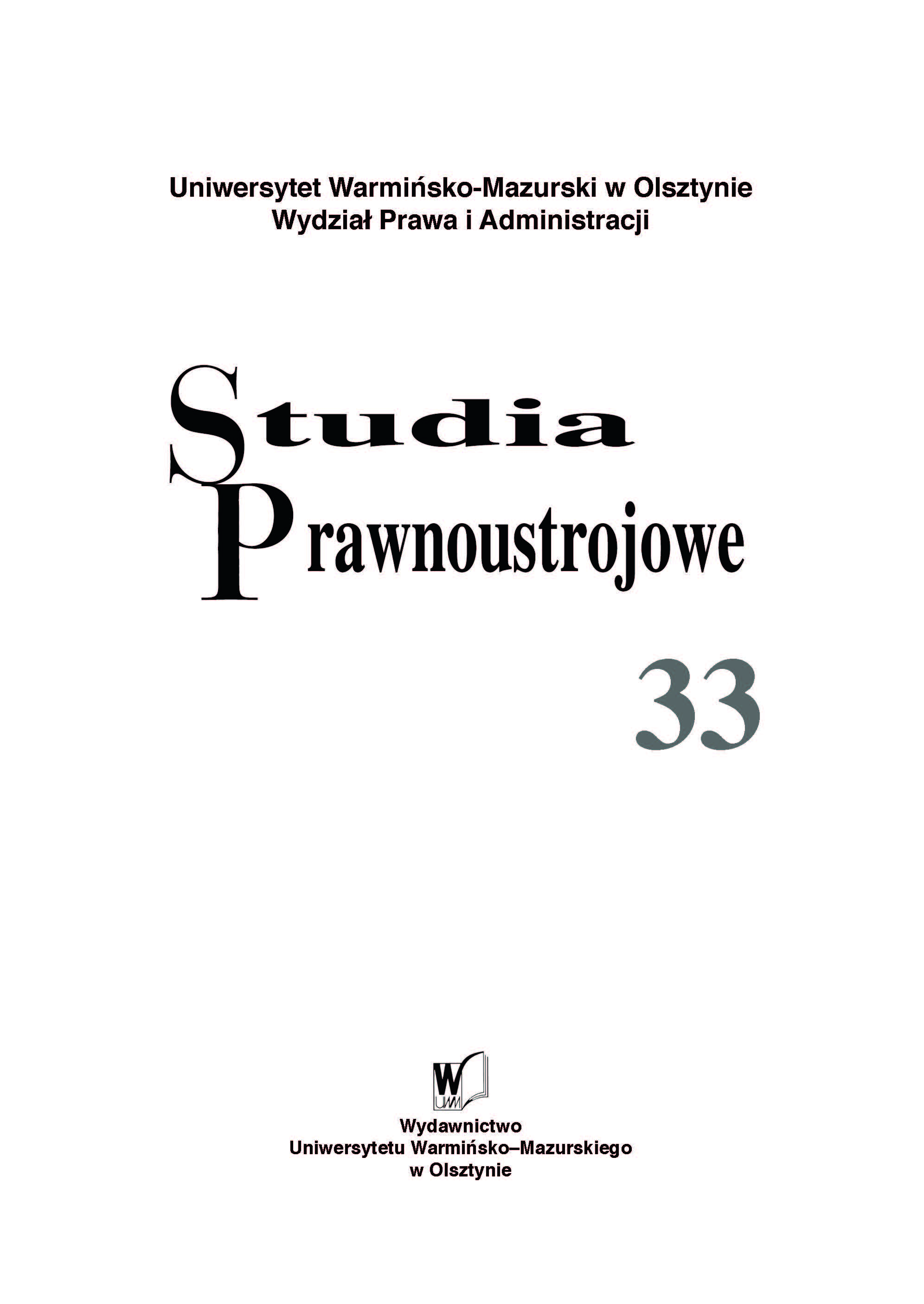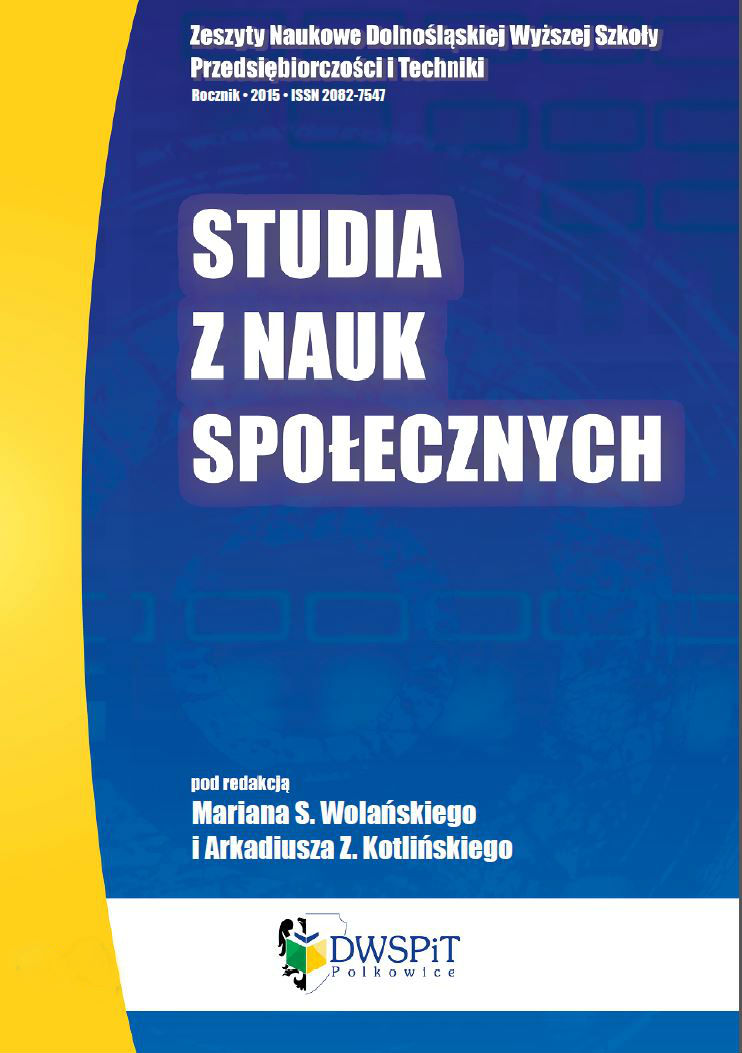Author(s): Karol Jasiński / Language(s): English
Issue: 14/2016
This analysis focused on two important ideas of democracy: freedom and the common good. They had to show that true freedom of man, as well as citizens of a state, is a form of self-determination in the perspective of moral values. In contrast, the common good of society is ultimately the pursuit of human excellence, that is updating of human, natural potentialities. The state should prepare the appropriate conditions to the human development. We must above all stress that the foundation of democracy is the belief in a rational, moral, and free man. His freedom is not, however, arbitrariness, but rather self-determination in the horizon of values. A especially important value is truth. Real freedom seems to be impossible without truth. Truth is understood in the classical sense as correspondence of thought to reality. Thus, truth is not the creation of human being, but it is discovered by man and society. With truth and other values we create a unique atmosphere that is needed to educating our liberty and to making appropriate choices. The liberals do not agree with the existence of any absolute truth, because they prefer to build not only the state system, but also human freedom on the ground of the procedures. They also prefer the negative conception of freedom, at the expense of its positive version. Meanwhile, the positive conception of freedom is close to true freedom, which focuses on goals that are worth implementing. One of these goals is a common good as the set of conditions that enable development and fulfillment of the human being. A democratic state is established to ensure these conditions – first to create and then to protect them. But for liberals, the common good is nothing more than a purely the result of individual goods. One of its important elements is the freedom of man, which must be safeguarded and developed. Naturally rich in content definition of the common good is very difficult to determine because of the prevailing ideological pluralism. For this reason we have to consider only its formal aspect, which is reflected in the rules of cooperation between individuals, aiming at their self-realization. We can say that a man living in the structures of a democratic state is called not only to live according to certain procedures, but also to discover the truth and realize it in the element of freedom. Beside truth, freedom is focused on the achievement of good, that is improving and fulfilling of the human being. It presupposes knowledge of the truth about human nature. This shows that freedom, truth and goodness remain in a kind of dependence. Moreover, the relationships among them are marked by many tensions. But there is no democracy without these three elements. There is especially no democracy without values, because then human freedom may be empty, or undergo degeneration.
More...
